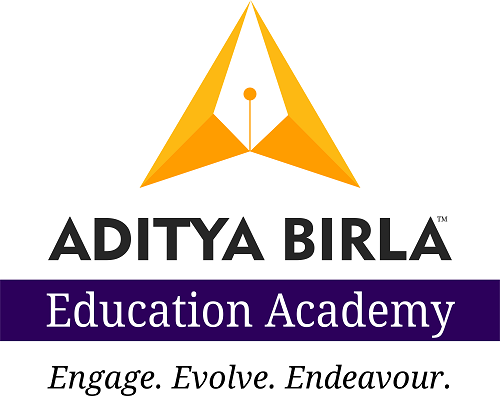The Indian population is over 135 crore people. That?s around 17% of world population. Over 62% of India?s population is between productive age of 15-59 years. The median age of our population is less than 30 years of age and for next 20 years, we will hold onto the claim of being one of the younger demographics in the world. This is what we have celebrated as ?demographic dividend? and made countless pitches to the world to come to invest in our (consumption-led) markets. As well as proclaim our next-gen as the future global leaders!
Technology & industrial disruptions are a given; history has demonstrated that large disruptions impact societal values and influence behavioural changes. While humans have adapted themselves to newer normal with every disruption, the Fourth Industrial Revolution (4th IR) is a bigger disruption. It has enormous potential to do positive for the humankind. And have a trail of downside risks including disruption in conventional methods of employment, thereby drastically reducing the number of jobs available in the eco-system and increasing the urgency to re-skilling people globally.
Look at the way the Covid-impacted-lives has shaped the education / learning brands globally; they have adapted digital & technology as a hybrid model to add to the human layer to impart education. India is no less in this aspect, despite our harsh challenges of helping digital access or hybrid teaching models reach socio-economically weaker sections of our community. The constantly widening gap between the aspirations of India?s vast millennial generation and the employment & entrepreneurship opportunities available currently, is rightfully a cause of sleepless nights to our polity & policy leaders. And more so it should be for educators & parents.
With millennials moving into mid to senior management roles, and the Gen-Z (individuals born between 1997 and 2012) gradually becoming a part of the workforce, we are seeing a new dimension being added to what constitutes as ?employment.? They do not relate to life-long work in the same organisation!
According to a 2019 Bloomberg report, Gen-Z made up for 32% of the global population, with India?s Gen-Z population at 472 million (1/3rs of our total population). Gen-Z would choose skills over pay levels, experiences over career and are reshaping societal norms and concept of corporate etiquette. They are digital natives and most won?t recognise the phrase ?www.? as they are used to apps. That context has produced a hyper cognitive generation that is comfortable with collating various diverse sources of information and with the intersection of virtual and offline experiences.
The current education system and template of theory just won?t be able to address the needs of employability!! We are not far away from the truth when we say, our education has no relevance to today?s jobs!! We should revamp our education pedagogy with aim to inculcate multiple skills to each individual, as part of the mainstream education system. For this to be successful, we also need to upgrade our teachers? development program, which is currently dinasourous at best!
India Challenge 2035
Let?s introspect how the world is changing around us and how the younger generation are going to adapt to it. At least the younger folks in the millennials and the Gen-z have grown up with many a creature comforts and the ubiquitous internet and social media. And they don?t know the sacrifices and the pain the previous generation(s) went through.
On the economic front, over the past many years, India has seen the savings interest rates taper down to as low as 3%, while the inflation has hovered around 5-6%. As a global economic power aspirant, we have to work with constraints of severe competition for our financing needs and the challenges of fiscal pressures of our country.
The risk we face over next few decades is this: Ability of a millennial or 21st centurion Indian, potentially forced to retire from full-time income-generating-activity by age 45-50 (as gig economy strengthens in the Indian job markets), to sustain on her / his accumulated savings, in a low-savings-interest-rate era with increasing "services-inflation", ?food inflation? & "healthcare costs", and negatively impacting their emotional / mental well-being !! And case in point being that human longevity too is increasing by the year!
Parents and academia should work together with the philosophy that formal education and lifelong learning as an attitude, is to impart sense of empathy, social-engagement, individual & collective empowerment towards creating larger impact. It is not merely to get our children to read and have ability to score marks!
Are we even thinking on these lines?
Aditya Birla Education Academy focuses on providing educators with learning opportunities to pursue their ambitions and boost their career growth.







